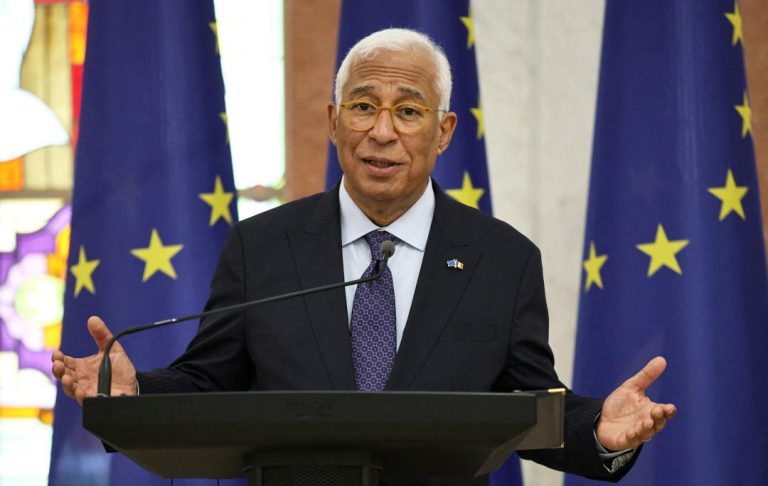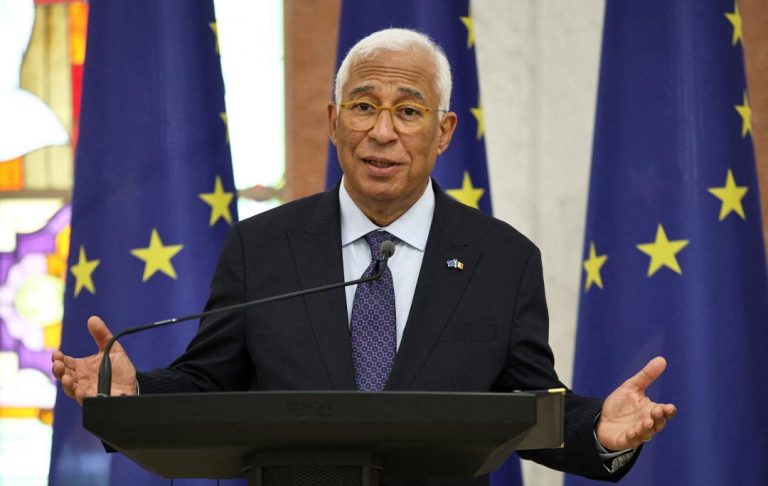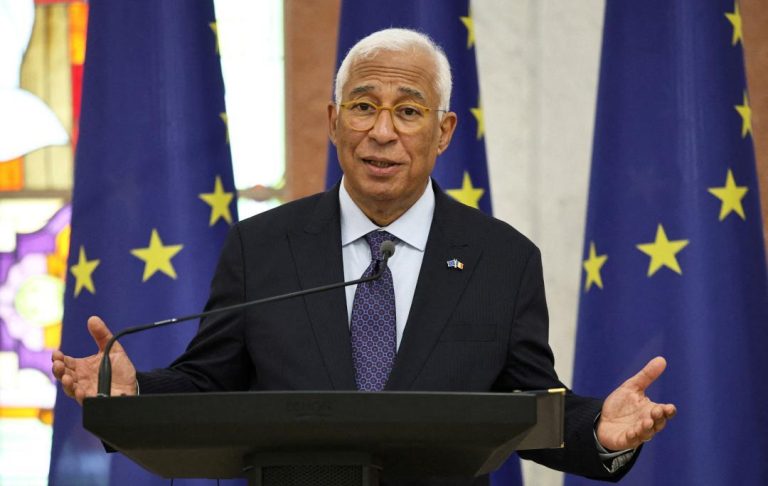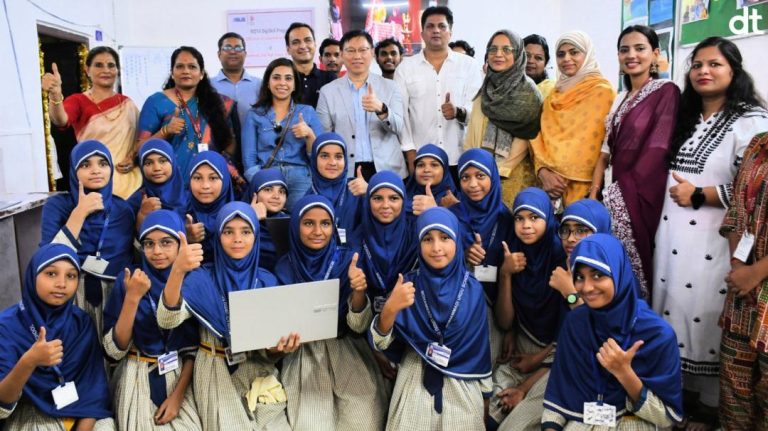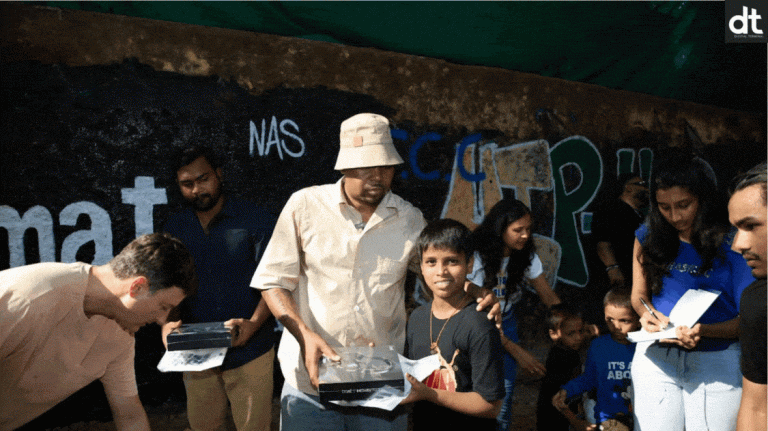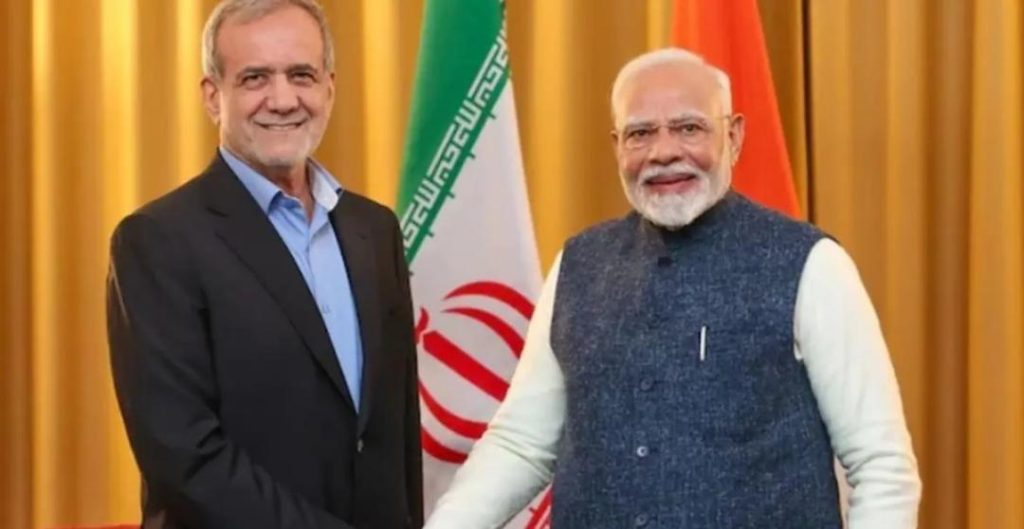
Iran Offers to Mediate between India and Pakistan after Pahalgam Attack
The recent terrorist attack in Pahalgam, Jammu and Kashmir, has sent shockwaves across the subcontinent, heightening tensions between India and Pakistan. In the midst of this escalating crisis, Iran has stepped forward to offer its mediation services to help resolve the standoff between the two countries. In a statement, Iran’s Foreign Minister Seyed Abbas Araghchi expressed his country’s willingness to use its “good offices” to foster greater understanding between India and Pakistan.
The offer comes at a time when India has taken a strong stance against Pakistan, suspending the Indus Waters Treaty, a decades-old agreement that governs the sharing of waters between the two countries. The treaty was signed in 1960 and is considered a cornerstone of Indo-Pakistani relations. By suspending the treaty, India has effectively halted the flow of water from the Indian side to Pakistan, a move that is likely to have significant consequences for Pakistan’s agricultural sector.
The Pahalgam attack, which killed at least 10 people and injured several others, was carried out by terrorists believed to be linked to Pakistan-based militant groups. The attack has sparked widespread outrage in India, with many calling for a strong response from the government. Pakistan, on the other hand, has denied any involvement in the attack, with Prime Minister Imran Khan condemning the violence and calling for an investigation.
Despite the tensions, Iran’s offer to mediate between India and Pakistan may provide a glimmer of hope for a peaceful resolution to the crisis. Iran has a history of playing a mediatory role in regional conflicts, and its offer is seen as a significant development in the ongoing standoff.
In his statement, Foreign Minister Araghchi emphasized the importance of dialogue and cooperation between India and Pakistan. He noted that Tehran stands ready to use its good offices in Islamabad and New Delhi to forge greater understanding at this difficult time. Araghchi’s statement was seen as a clear signal that Iran is willing to play a more active role in regional affairs, and that it is committed to promoting peace and stability in the region.
Iran’s offer to mediate between India and Pakistan is not without precedent. In the past, Iran has played a key role in resolving conflicts between the two countries. In 2001, for example, Iran helped broker a ceasefire between India and Pakistan following a military standoff over the disputed territory of Kashmir. More recently, Iran has played a key role in the Astana Process, a regional initiative aimed at resolving the conflict in Syria.
India and Pakistan have a long and complex history, marked by periods of conflict and cooperation. The two countries have fought three wars over the disputed territory of Kashmir, and have been locked in a tense standoff for decades. Despite these challenges, there are signs that the two countries may be willing to engage in dialogue. In recent months, there have been reports of secret talks between the two countries, aimed at reducing tensions and improving relations.
Iran’s offer to mediate between India and Pakistan comes at a time when there is growing recognition of the need for regional cooperation to address the challenges facing the subcontinent. The region is home to some of the world’s most populous countries, and is critical to global economic and strategic interests. The ongoing tensions between India and Pakistan are not only a threat to regional stability, but also have broader implications for global security.
In conclusion, Iran’s offer to mediate between India and Pakistan after the Pahalgam attack is a significant development in the ongoing standoff between the two countries. The offer is seen as a sign of Iran’s commitment to promoting peace and stability in the region, and its willingness to play a more active role in regional affairs. Whether or not the offer is accepted remains to be seen, but it is clear that the region needs a peaceful resolution to the crisis.
Source:
